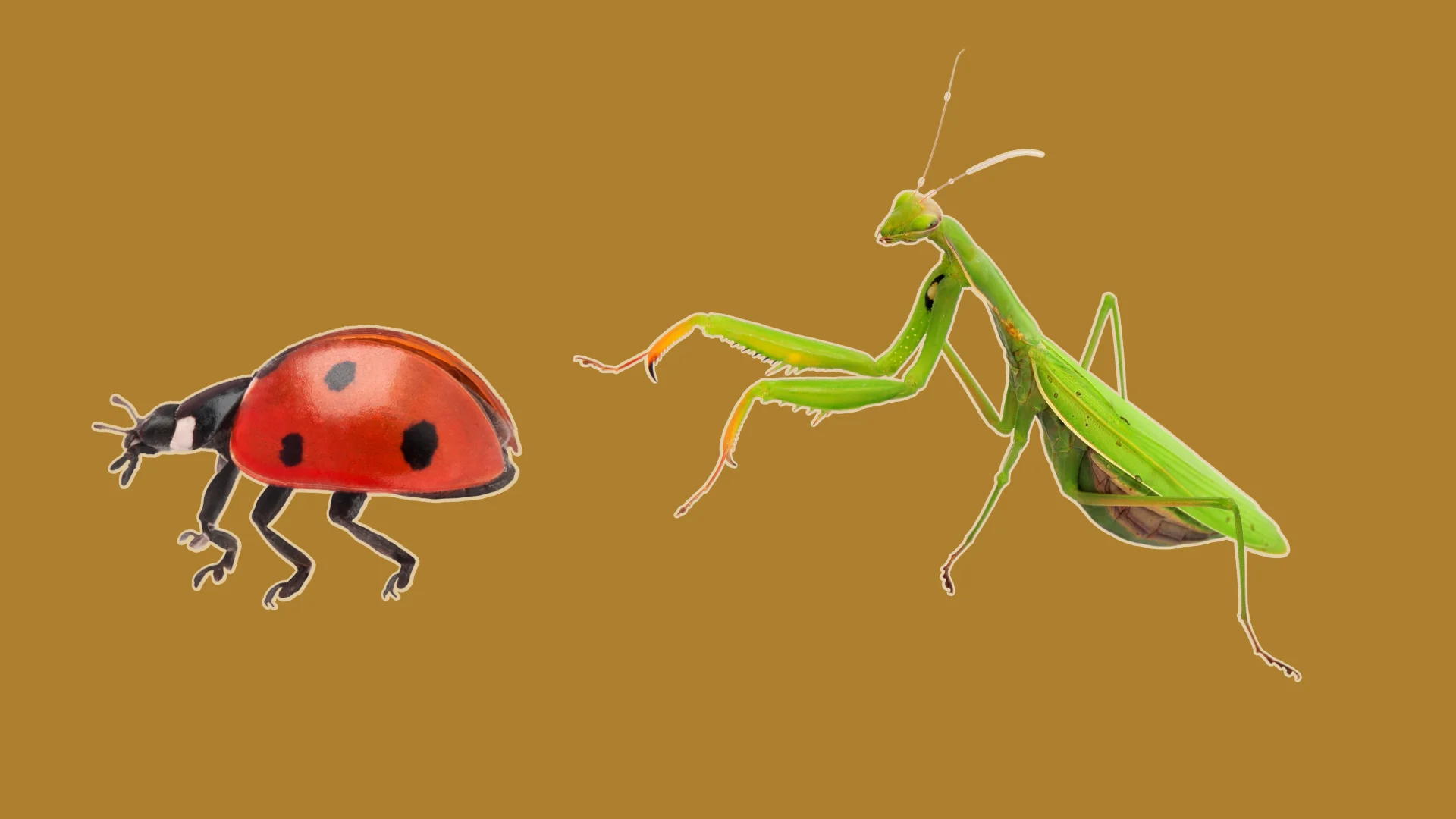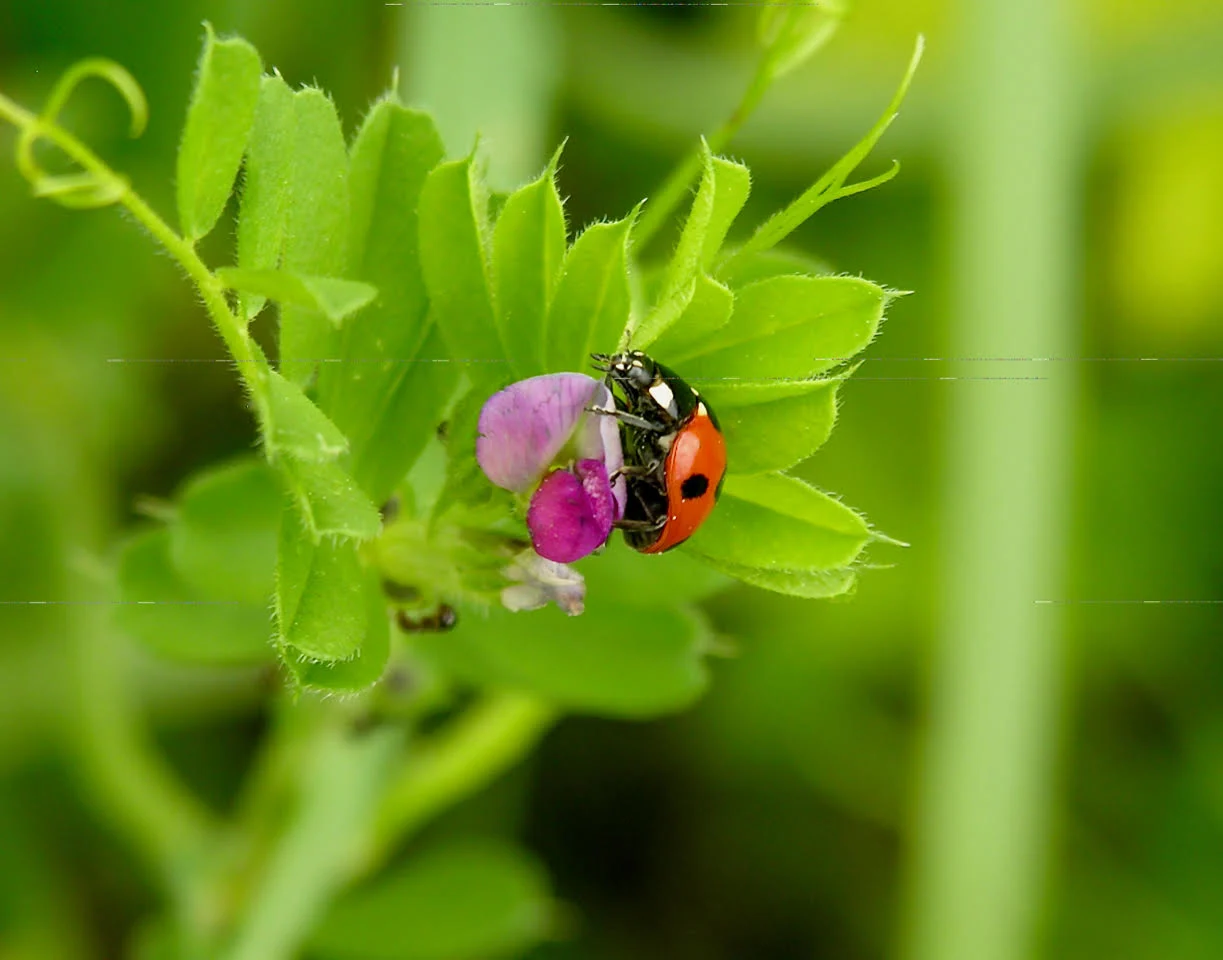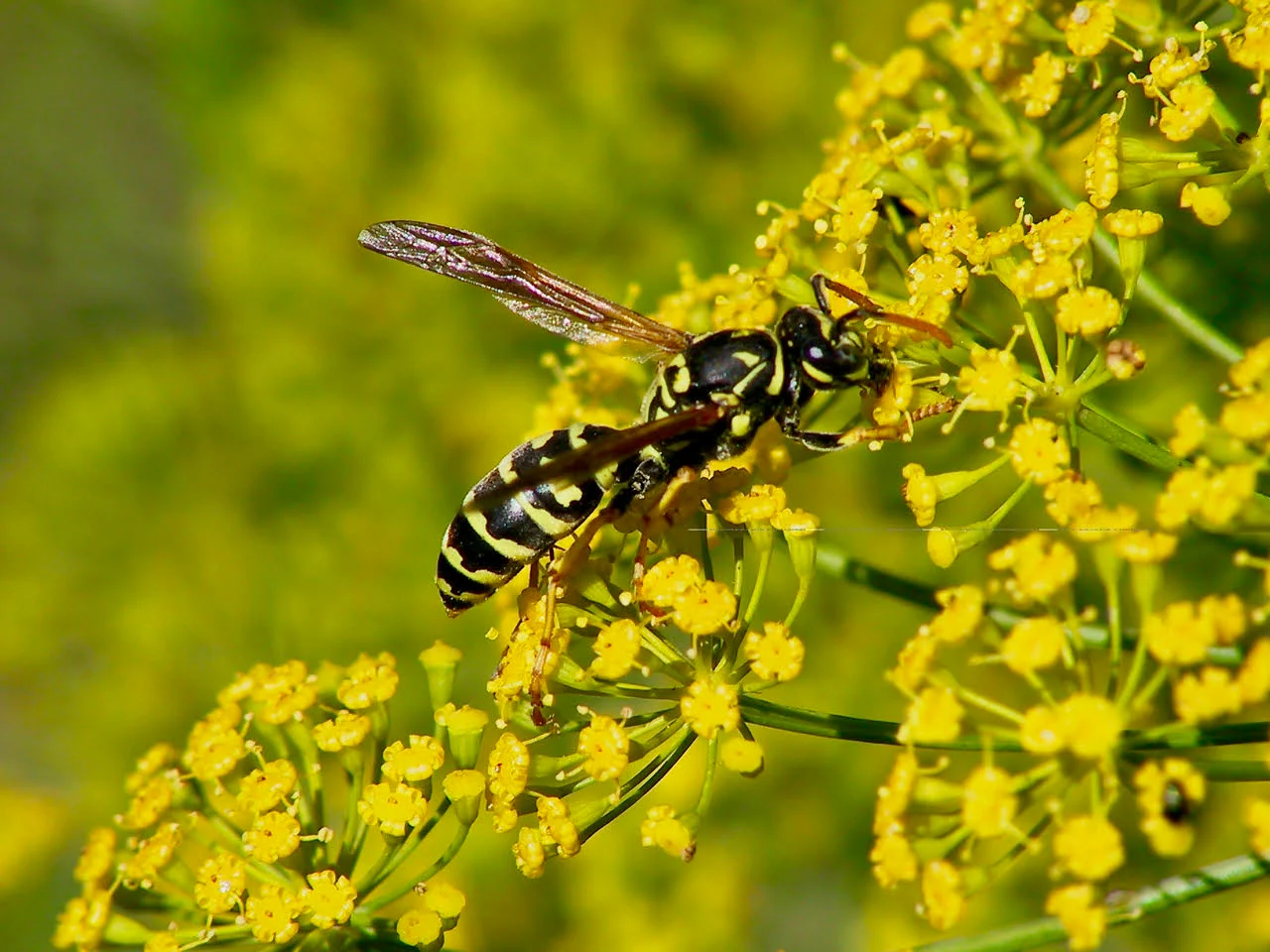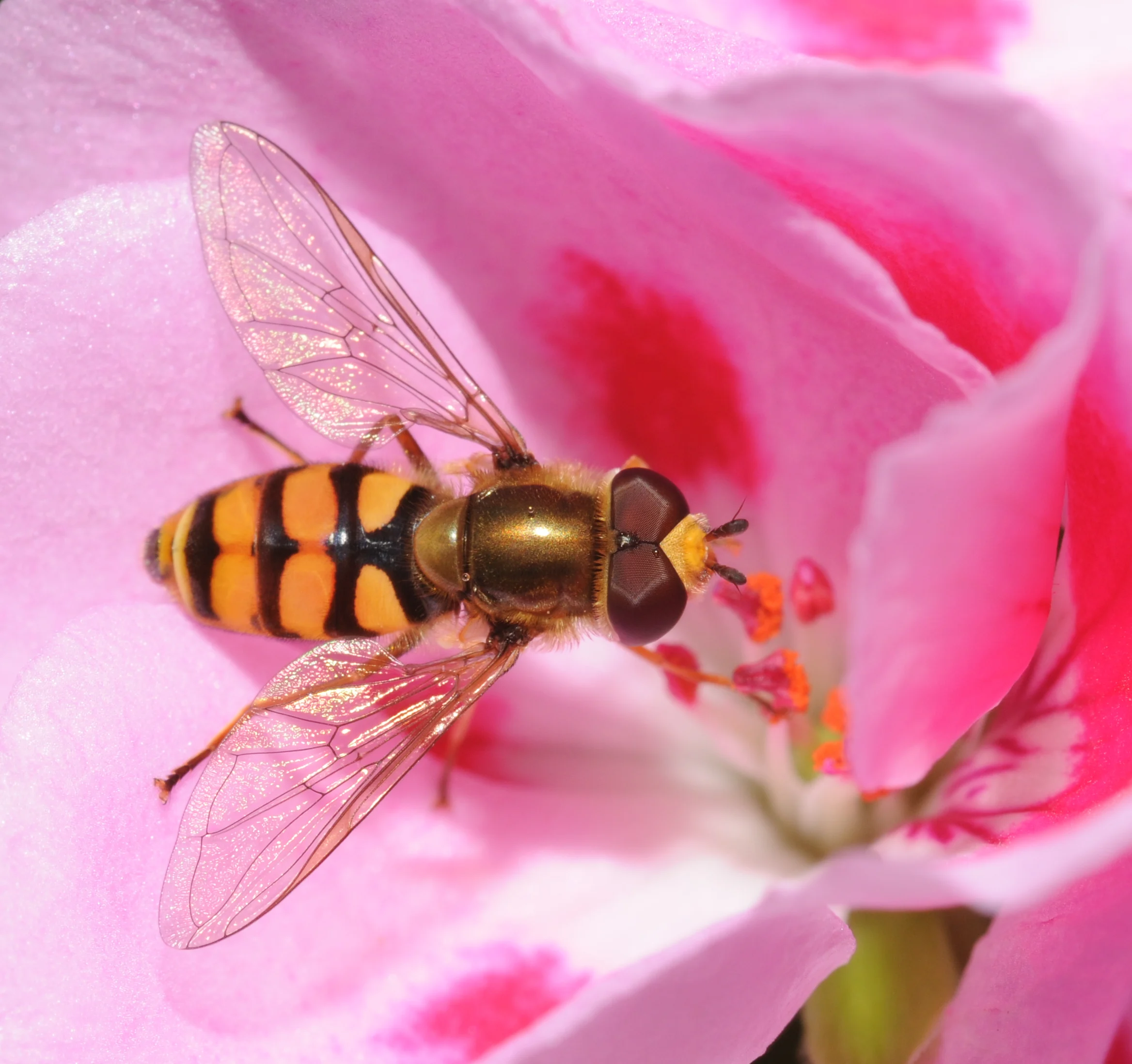
You'll want to keep these garden-friendly insects around all season long
Meet some of the insects that will protect your plants this spring and summer.
Gardening season has finally arrived - and people aren't the only ones excited about that.
As plants start to spring, all kinds of wildlife will visit your foliage in hopes of finding shade and snacks. Aside from the usual culprits, like squirrels and birds, the insects will arrive - and make no mistake, there will be a lot of them.
But if your first instinct is to reach for pesticides, remember:
"From a natural standpoint, all insects are beneficial," Chris Earley, an interpretive biologist and education coordinator at The Arboretum at the University of Guelph, tells The Weather Network.
"They have, they've evolved with the plants that they're eating, and those plants have evolved with the insects that are eating."
Here's the thing: We need insects, arachnids, and other small creatures. They all play a vital role in the ecosystem.
WHAT IS A 'PEST?'
"There's no definition of a pest other than 'I don't like them," Jeremy McNeil, a professor in the Department of Biology at the University of Western Ontario says.
"We've got to get over it that every insect is a pest, just because [you] don't like them. And we need to have a little bit more understanding."
So, what's a gardener to do? There are a lot of small species that would love to eat away at your carefully-curated plant, veggie, and fruit assortments.
Thankfully, there are a lot of predator insect species that work to control these populations.

Lady beetles are your friend! Photo courtesy: Jeremy McNeil (provided)
GARDEN-FRIENDLY PREDATOR INSECTS
PARASITIC WASPS
Parasitic wasps target insects that might be eating the fruit in your garden - and their method of attack sounds like something out of a horror film.
"They go in a bit like the movie Alien," Dr. McNeil says.
"They lay their eggs in an on caterpillars, and [the larva] eat the caterpillar from the inside out. We use them in a process called biological control, where instead of using insecticides, we use these natural enemies."
Parasitic wasps are small so you may never even notice them, "but they are everywhere," Earley says.

A yellow jacket wasp. Courtesy: Jeremy McNeil (provided)
GROUND BEETLES
Ground beetles are another example of a predator insect that go after species that may be nibbling away at your plants.
"And again, you'll hardly ever see them because they're active usually at night," McNeil says.
"They don't do anything nasty, they won't bite you unless you poke them -- but again, I would probably bite back if someone kept poking me, too."
FLOWER FLIES

Flower fly photo courtesy: Wikipedia/Thomas Bresson CC-BY-2.0.
Flower, or hover, flies pack a double punch.
"They provide a service from a pollination standpoint, but their larva are also important predators in a garden because about a third of these flower flies eat things like aphids and scale insects, which are [considered to be] major pests."
And don't forget two of the more famous predator species - the lady beetle and the praying mantis.
On a final note, we'll leave you with this handy tip:
Experts say the best way to promote a healthy garden is to fill your space with a diverse range of native plants.
Happy planting!










